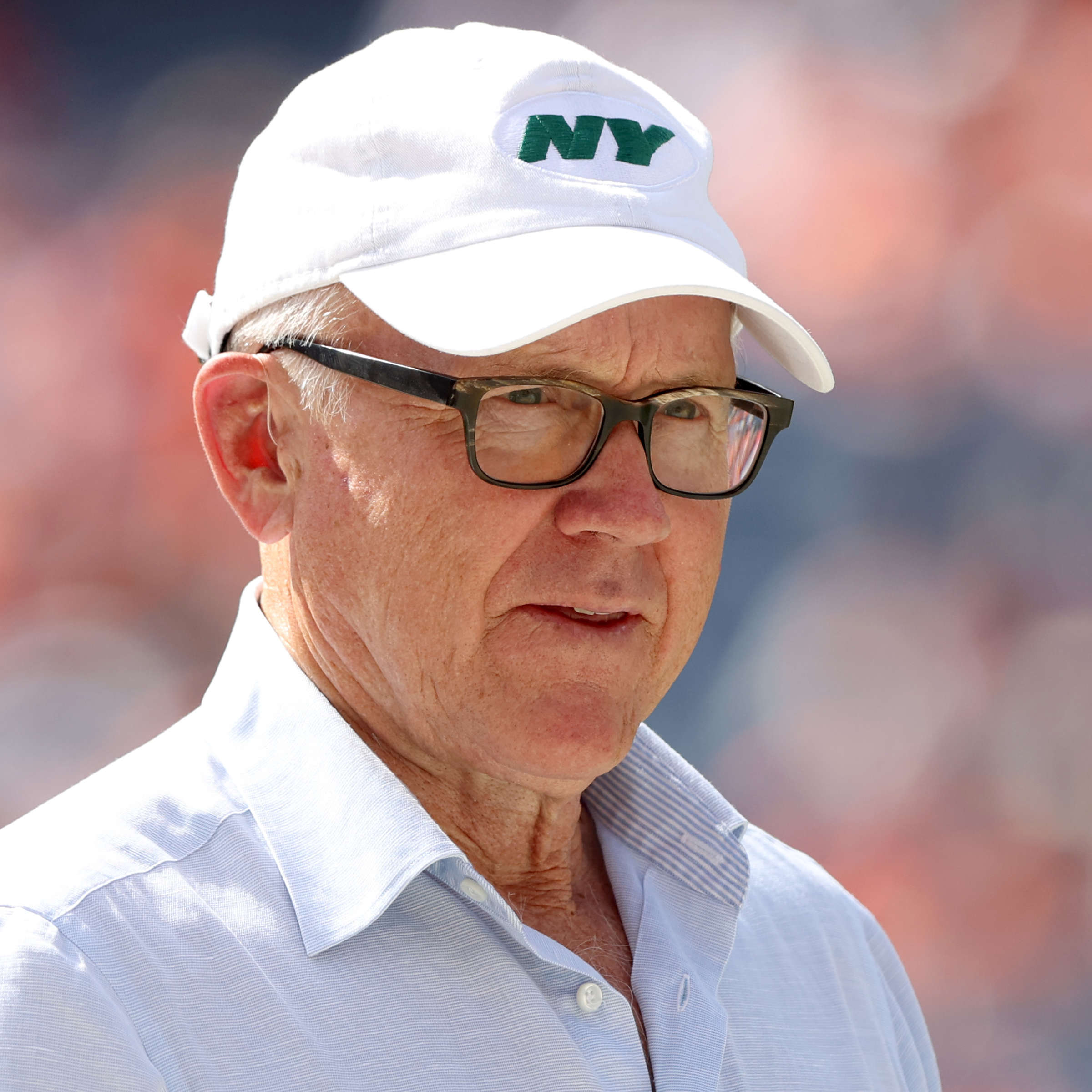
Introduction
Woody Johnson, a prominent businessman and United States Ambassador to the United Kingdom from 2017 to 2021, has played a critical role in strengthening US-UK relations. His dual influence as a diplomat and a businessman positions him uniquely in fostering connections between the two nations, particularly in times of political fluctuation and economic uncertainty.
Professional Background
Before entering public service, Woody Johnson was known for his success in the business realm as the owner of the New York Jets, an NFL franchise, and as a prominent figure in the pharmaceutical industry. His family-owned Johnson & Johnson has made significant contributions to healthcare worldwide. His business acumen provided him with insights that proved invaluable during his ambassadorship.
Diplomatic Contributions
During his tenure as ambassador, Johnson focused on enhancing trade relations and promoting bilateral investments. He was instrumental in navigating the complexities of Brexit, advocating for a robust US-UK trade deal that would benefit both economies. Johnson frequently engaged with British Parliament members and business leaders to discuss collaborative opportunities.
Challenges and Controversies
Like many political figures, Johnson faced challenges during his tenure. His loyalty to former President Trump led to criticism regarding his political neutrality. Some questioned whether his business interests conflicted with his diplomatic duties, particularly in issues related to healthcare and trade policies. Despite this, he maintained a presence in UK social and political circles, leveraging his status to facilitate discussions around mutual interests.
Current Influence
Since returning from London, Woody Johnson continues to be a key figure in international business, often commenting on US-UK relations and economic policies. His insights remain pertinent as the world grapples with post-pandemic recovery and geopolitical changes. Through his ongoing involvement in various business ventures, he aims to continue advocating for collaborative strategies that align American and British economic interests.
Conclusion
Woody Johnson’s experiences exemplify the intersection of business and diplomacy. As the global landscape continues to evolve, his contributions will remain relevant in discussions regarding economic partnerships. The ability of individuals like Johnson to navigate both arenas is essential for fostering resilient international relations, particularly between two of the world’s most influential countries. Observers will be keen to see how his future initiatives reflect and address the shifting dynamics of global business and diplomacy.
You may also like

Understanding the Current Political Landscape in the UK

The UKIP Party: Recent Developments and Future Outlook
